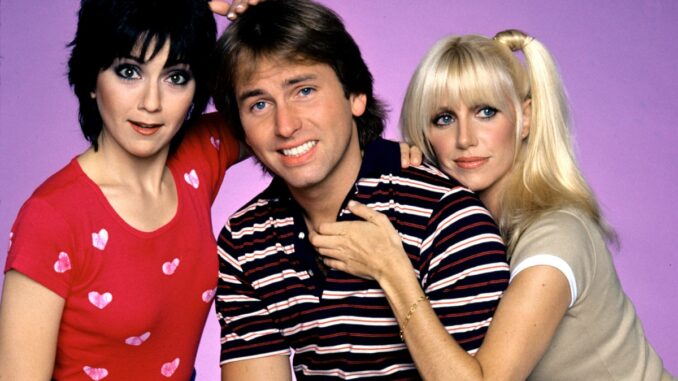
Context and Humor in “Three’s Company”:
- Era: “Three’s Company” was a product of the 1970s, a period marked by relatively conservative attitudes towards sex, gender, and relationships.
- Humor Style: The show’s humor often revolved around misunderstandings, physical comedy, and situations that bordered on the sexually suggestive, given the constraints of network television at the time.
Societal Shifts and Humor Evolution:
- Changing Attitudes: Since the 1970s, societal attitudes towards sex, gender, and relationships have become much more liberal and diverse. What was once considered taboo or offensive is now often openly discussed and explored in media.
- Evolving Humor Standards: The standards of humor have also evolved. Audiences today have a wider range of comedic styles to choose from, and what was considered funny decades ago might not resonate with contemporary viewers.
- Diverse Entertainment Options: The proliferation of streaming services and digital content has given audiences access to a vast array of comedic content, raising the bar for what is considered funny.
Relevance in Modern Society:
- Some Humor May Not Translate: Certain elements of “Three’s Company’s” humor, such as those rooted in outdated stereotypes or sexual innuendos, may not align with modern sensibilities and could be perceived as offensive or outdated.
- Enduring Appeal of Situational Comedy: However, the show’s core premise of roommates living together and the resulting comedic misunderstandings is a timeless concept that can still be relatable to audiences today.
Conclusion:
Whether or not “Three’s Company” is still considered funny depends on various factors, including individual preferences, generational differences, and evolving cultural norms. While some aspects of the show’s humor may seem dated, its emphasis on situational comedy and relatable characters ensures that it continues to hold a place in television history.
In conclusion, the humor of “Three’s Company” is a product of its time and may not fully resonate with modern audiences. However, its enduring popularity and influence on subsequent sitcoms highlight the timeless nature of some comedic concepts.
